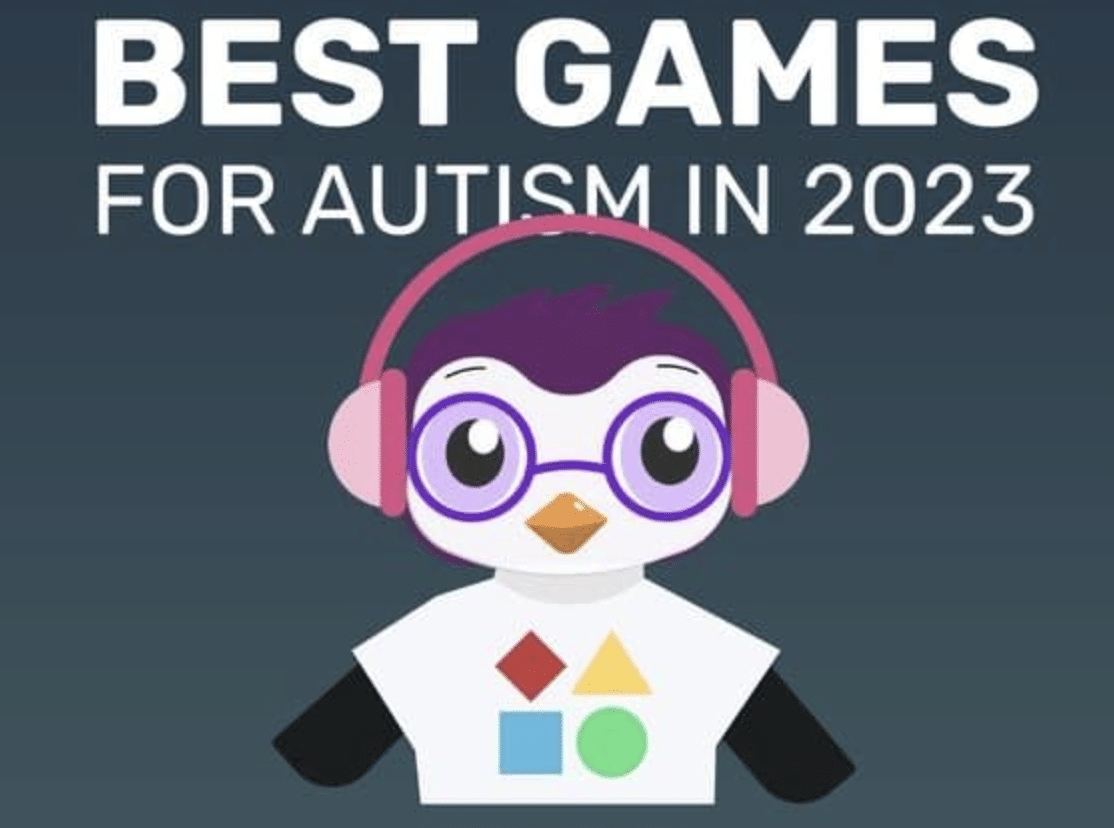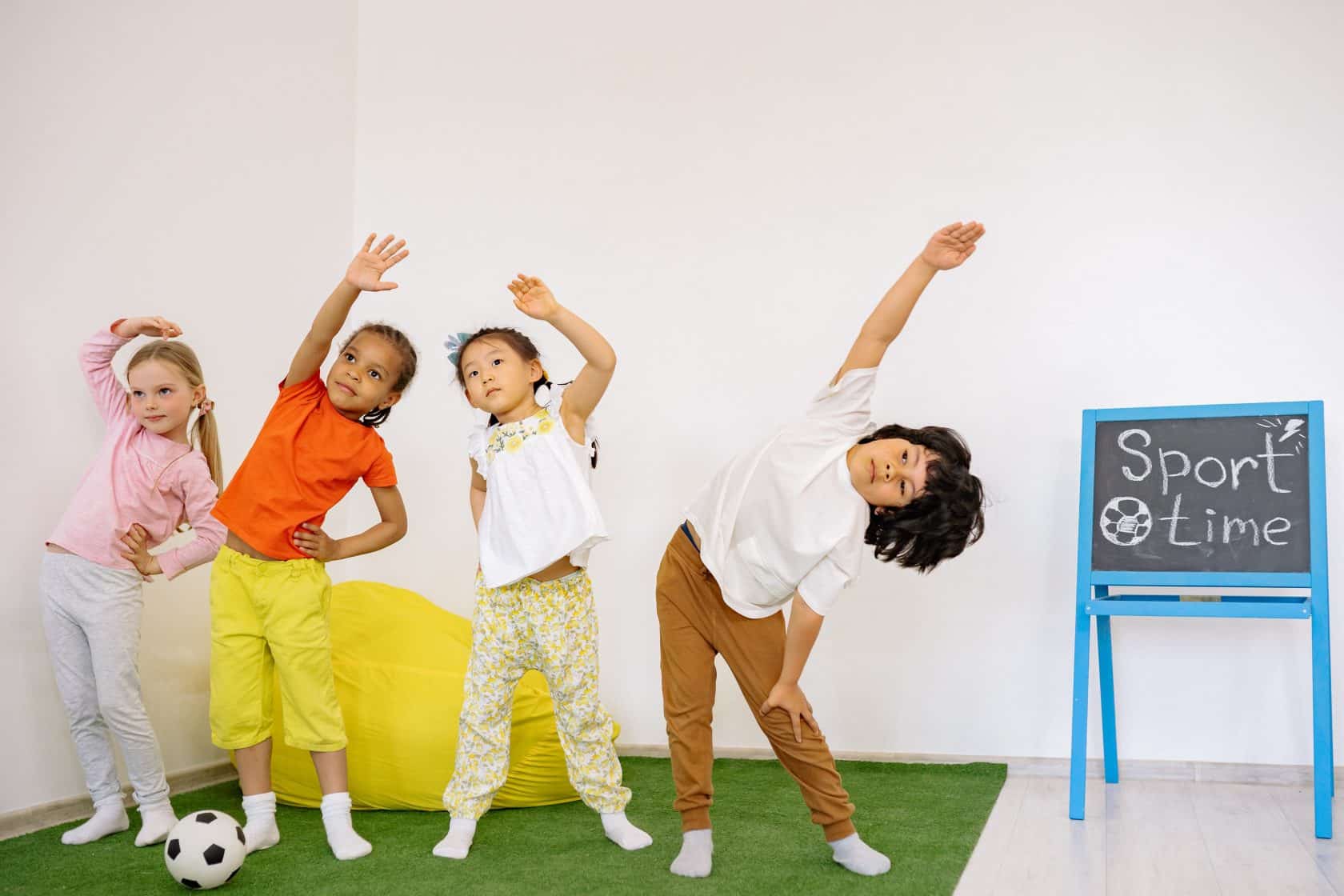Cognitive flexibility is the mental ability to switch between tasks or thoughts smoothly. It enables individuals to adapt to changing situations and handle multiple things simultaneously. Here are some examples and explanations of how cognitive flexibility works:
| Aspect of Cognitive Flexibility |
Description |
| Task switching |
With cognitive flexibility, you can switch between different tasks without getting overwhelmed or losing focus. |
| Shifting perspectives |
This skill allows you to see situations from different angles and consider alternative viewpoints. |
| Embracing change |
Cognitive flexibility helps you adapt to new environments, routines, or unexpected circumstances. |
| Problem-solving |
It enables you to approach problems from various angles, find creative solutions, and think outside the box. |
| Multitasking |
Cognitive flexibility allows you to juggle multiple tasks efficiently and transition between them seamlessly. |
Cognitive flexibility is a valuable mental skill that enhances problem-solving, adaptability, and multitasking.
This post was originally published on Feb. 7, 2023. It was updated on April 4, 2024.














